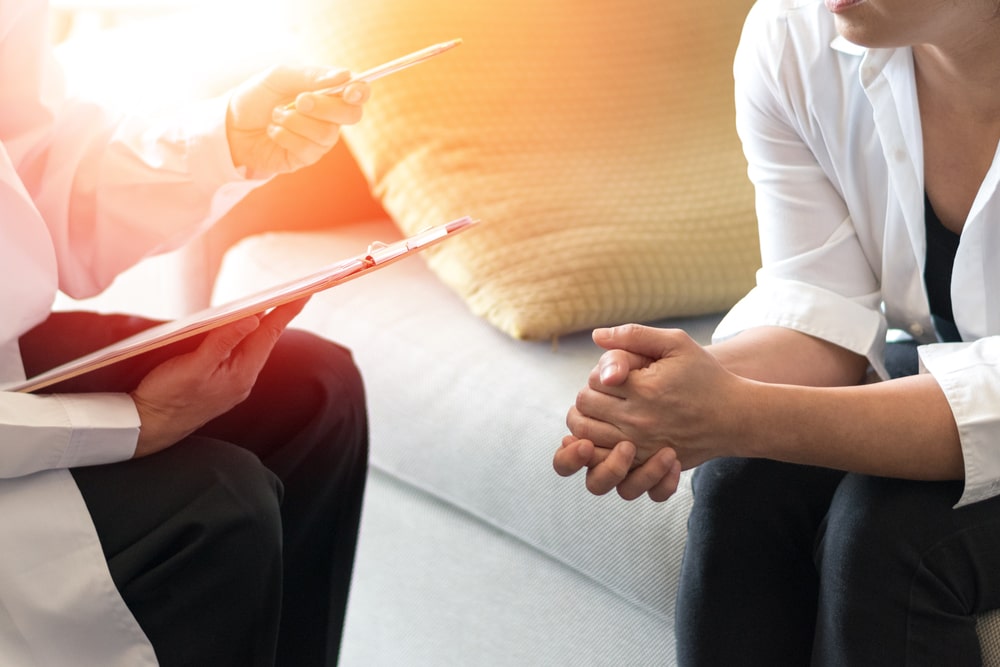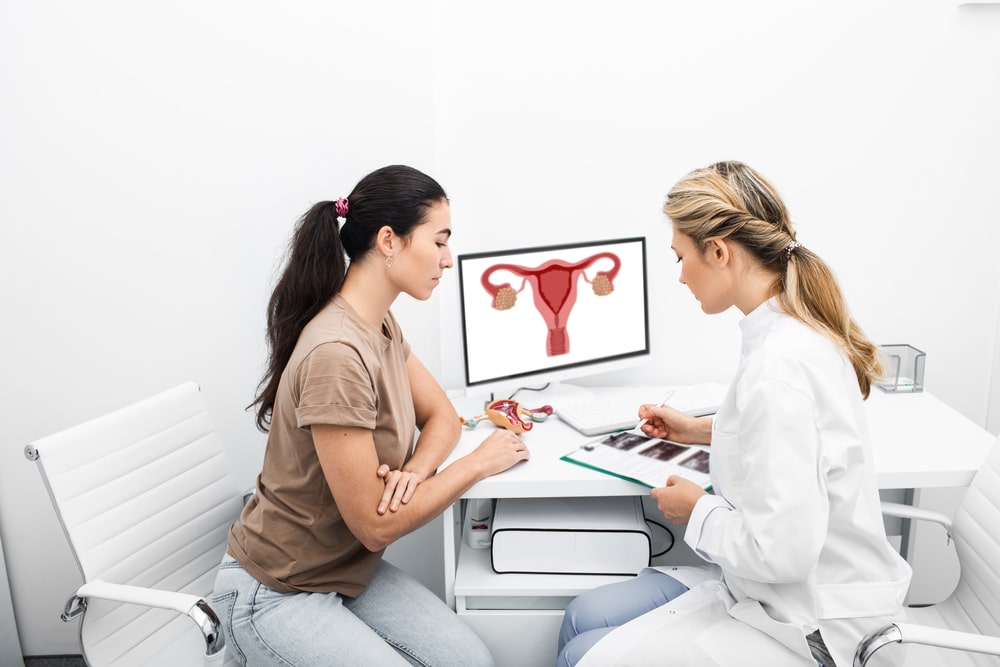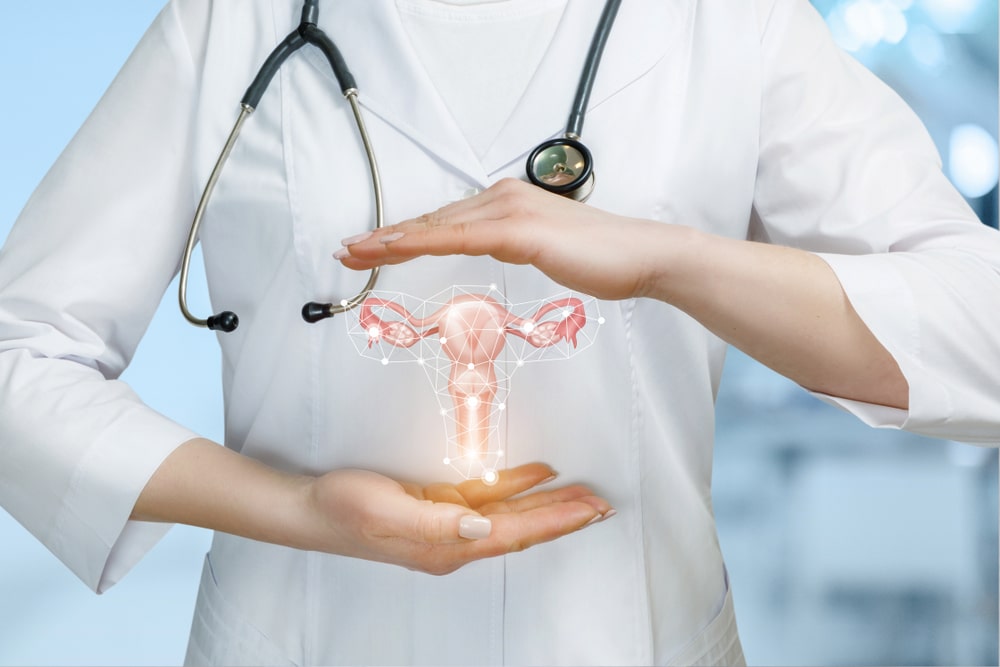Women’s intimate health problems have been long ignored by society. In many nations of the world, women don’t even have access to primary intimate healthcare and sanitation facilities. Intimate health is a health factor that should not be avoided at all, especially in women. It is the parents’ duty to introduce their child to intimate health care and gynecologist methods.
A gynecologist is a doctor specializing in female reproductive health. Gynecology doctors help in diagnosing and treating the problems of the female reproductive tract. Parts of the female body such as the Uterus, Fallopian tubes, ovaries, and breasts are treated under gynecology.
Up to a certain age, it is ok to receive basic healthcare from the family doctor, pediatrician, or internist. Still, when the child attains the age of 13 to 15 or whenever she starts menstruating, it becomes more than necessary to schedule the first visit with the gynecologist.
The first visit to the gynecologist is crucial. The gynecology doctor should be able to establish trust enabling the patient to open up about the issues.
Let us know what to expect on your First Gynecology Visit.
What to expect on the first gynecologist visit?

The first gynecologist appointment is just like any other regular doctor visit. It first starts with basic talks about the patient’s health, medical history, ailments, pre-existing conditions, and general talks about how the patient feels about her health. The doctor may ask questions about the patient’s sexual history. At first, it might feel weird talking about everything so intimate, but it is necessary to open up about any problems or medical history the patient has. Most gynecologists are well trained at comforting their patients, so opening up with the gynecologist doctor must not be a problem.
If the doctor can conclude an expected presence of a medical condition that can cause trouble, in that case, the patient might need to undergo a pelvic examination, where different samples are taken from the patient’s pelvic area to examine the presence of any severe medical conditions.
If the patient is under the age of 21 years, it is not necessary to undergo a pelvic exam. For women above the age of 21 years, it is recommended to get a pelvic exam even when there is a low possibility of severe medical conditions.
If the patient is on period, it is better to reschedule the appointment as there can be several complications during the examination of the patient. Women are also advised to take someone with them during the visit as it can help them to maintain calm.
Asking questions regarding gynecology diseases and problems is one of the primary purposes of a gynecological visit. You may ask questions regarding the following:
What questions to ask your gynecologist?

Asking more questions to your gynecologist helps you to trust better in the doctor and also in getting a better idea about your health issues and how to take better self-care. Here are a few questions you can ask your gynecologist on your first visit:
- Why are my periods so heavy?
There is a thin line between something being normal or extraordinary. If you are experiencing heavy bleeding for weeks, so much that you almost need to double the number of sanitary pads and tampons you use, then it can be a sign of severe health conditions. If you have unbearable cramps for long hours and frequent headaches, this can also be a sign of underlying health conditions. You can convey your condition to the gynecologist for a precise answer and solution.
- What is the normal amount of Vaginal discharge?
A slight amount of clear or milky-looking discharge is just fine as the body tends to flush out dead cells through that. Still, if you are getting frequent discharges, with highly unpleasant odors and unusual colors, it indicates some gynecology disease and you should ask your gynecologist doctor about it.
- Why is sex painful to me?
During intercourse, a slight feeling of pain is appropriate, but if you are having a tremendous amount of pain, then you must ask your gynecologist about that. Sometimes, pain can be caused due to lack of lubrication due to no foreplay, which can be solved using lubricants, but if that’s not the reason, then asking your gynecologist will surely help.
- Why do I leak urine while laughing, coughing, or sneezing?
This is a common condition among many women and is often underreported. The condition is called Urinary Incontinence (UI). There are several types to it. Asking your gynecologist about UI will help you determine your type and solve the problem as well with the help of several exercises and medications in some cases.
- Why does my Vagina or pelvis feel heavy?
A feeling of pressure or heaviness in the vagina or pelvis can be a sign of organ prolapse. This happens when an organ falls from its normal place. It is a serious condition and needs immediate medical attention. Asking the gynecologist about the condition may help in diagnosing and solving the issue.
Asking the above questions or any other questions can lead to many discoveries about your body and medical conditions. Let us now also know about what conditions a gynecologist can treat.
Common gynecological problems

While gynecologist doctors are able to treat many problems related to the reproductive organs and intimate areas, there are few problems that occur more frequently than the rest, these are:
- PCOD or Polycystic Ovarian Disease
PCOD is a widespread problem where women have complications and menstruating and conceiving.
- Ovarian Cysts
Ovarian cysts are fluid-filled sacs, which appear on the ovary’s surface, these generally disappear in some time, but if they don’t, they can cause many complications.
- Endometriosis
Endometriosis is a painful condition where the tissue generally lining the uterus’s inner surface starts growing outside the uterus.
- Dysmenorrhea
Dysmenorrhea, commonly referred to as period cramps, is a common issue, but if it’s severe, it requires medical attention.
- Urinary tract infections
Urinary tract infections are common among women. These can cause several complications and pain in various regions of the pelvic portion.
Department of Obstetrics and Gynecology at Chaudhary Hospital, Udaipur

Obstetrics deals with issues related to childbirth, pregnancy, and postpartum period whereas gynecology treats problems related to female reproductive organs’ health (Vagina, Uterus, Ovaries, Fallopian tubes). The department of gynecology and obstetrics at Chaudhary hospital, Udaipur, has a qualified team of the best obstetricians and gynecologists in Udaipur. We are dedicated to women’s well-being and provide treatment for all gynecological diseases and problems. We also have excellent efficiency in obstetric services.
Our labor room is located nearby the Operation theatre, where all the emergency services related to gynecology and obstetrics are provided, 24 hours a day, every day. One of the leading hospitals in Udaipur, we work with dedication and compassion to provide our patients with the best medical care and assistance.


